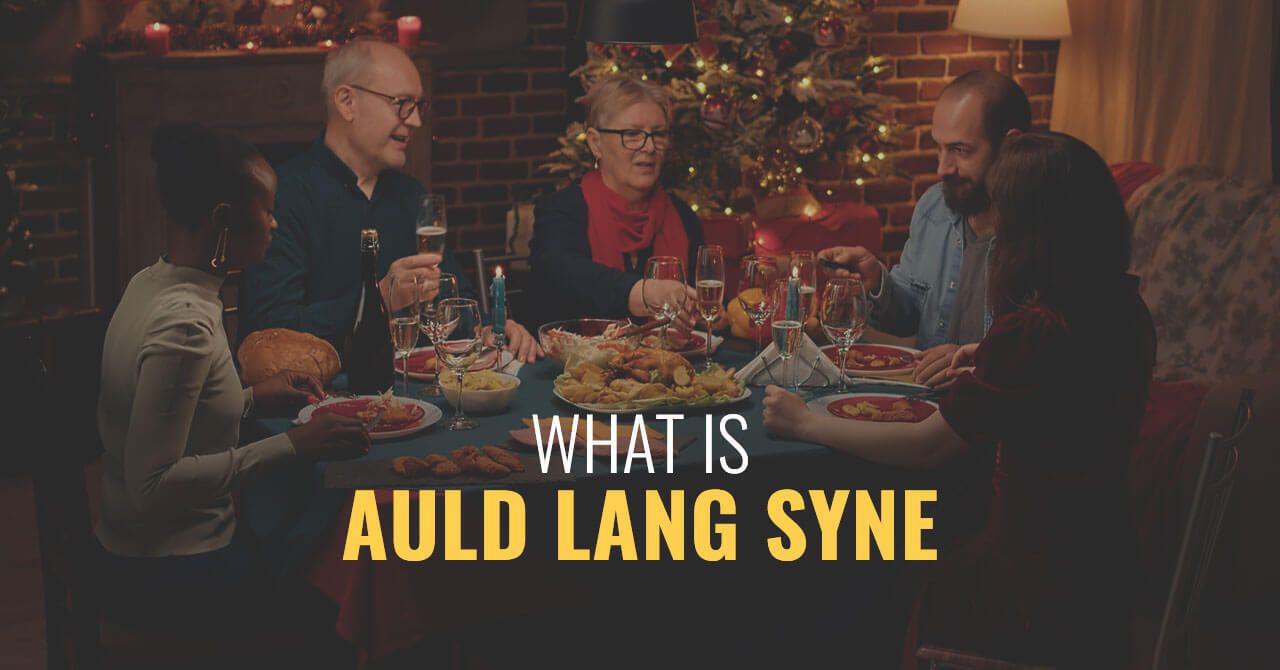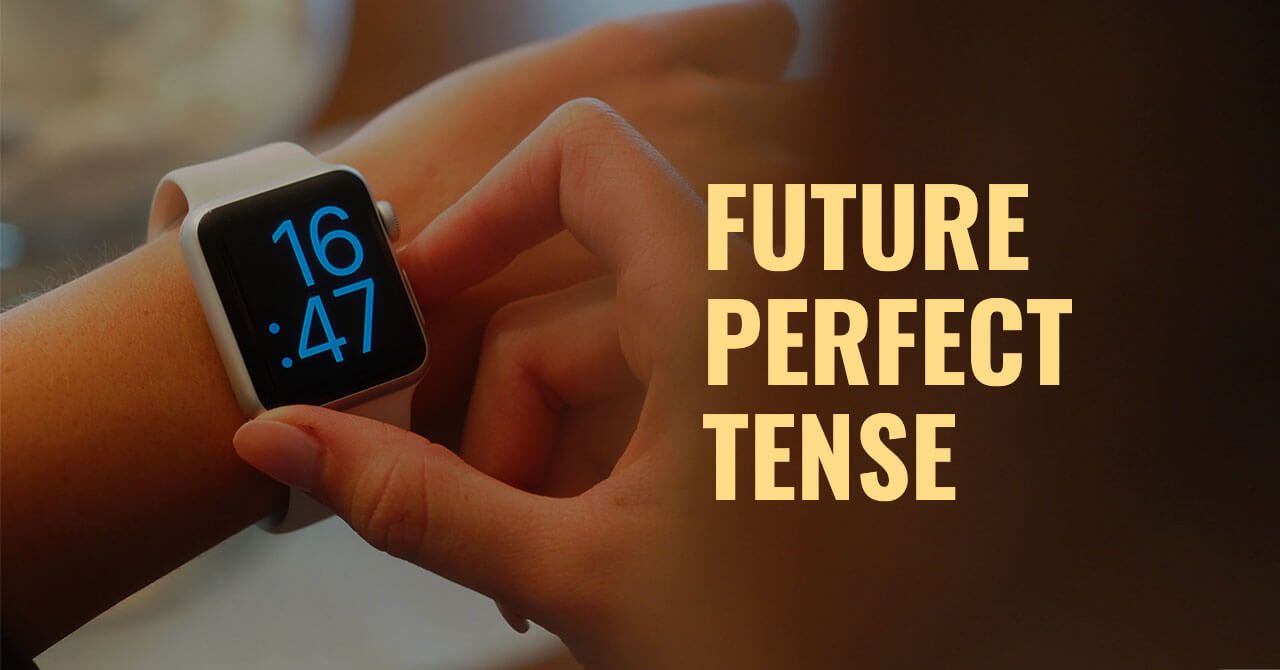
How Was the Esperanto Language Invented? Who Speaks It?
Although it’s far from being widely spoken today, Esperanto is far from dying out. In fact, people are showing interest in this language now more than ever.

Knowing the “Auld Lang Syne” Meaning Can Change the Way You Sing It
Auld Lang Syne is an old Scottish ballad from 1788 that reminds everyone of New Year’s Eve. Since the song is not really in English, many people don’t understand it. But that’s understandable because it’s based on the language spoken by the 18th-century Scots.

How to Use Future Perfect Tense Correctly
The future perfect tense is one of the twelve basic English tenses with its own usage and rules you need to follow to use it correctly. Although it’s not as common as future simple or present perfect, there are still instances that require using it so you can avoid possible misunderstandings.

Is It Happy New Year, Happy New Year’s, or Happy New Years?
With the new year just around the corner, you start thinking about all the people you want to send greeting cards and emails to wish them well. But what phrase is the right one to use? Is it “Happy New Year”, “Happy New Year’s”, or “Happy New Years”?

Which Celtic Languages Exist Today and Where to Find Them
Out of 16 different Celtic languages, only 6 of them have survived—Manx, Irish, Cornish, Breton, Welsh, and Scottish Gaelic.

Active and Passive Voice: Differences, Usages, and Examples
Although the passive voice is used much less than the active one in both speaking and writing, certain situations require using it.

Any Time vs. Anytime: When to Use Each Word
If you want to avoid making a grammatical mistake when writing anytime or any time, it’s good to know the differences between the two terms and their usage so you can be sure that you’re always using the right word.

Led vs. Lead—How to Use Them Correctly?
People often confuse led and lead and don’t know which of these terms to use when talking about the past. But, the solution to the led vs. lead confusion is straightforward as you only need to know a few things about these terms.